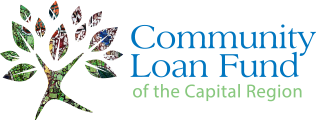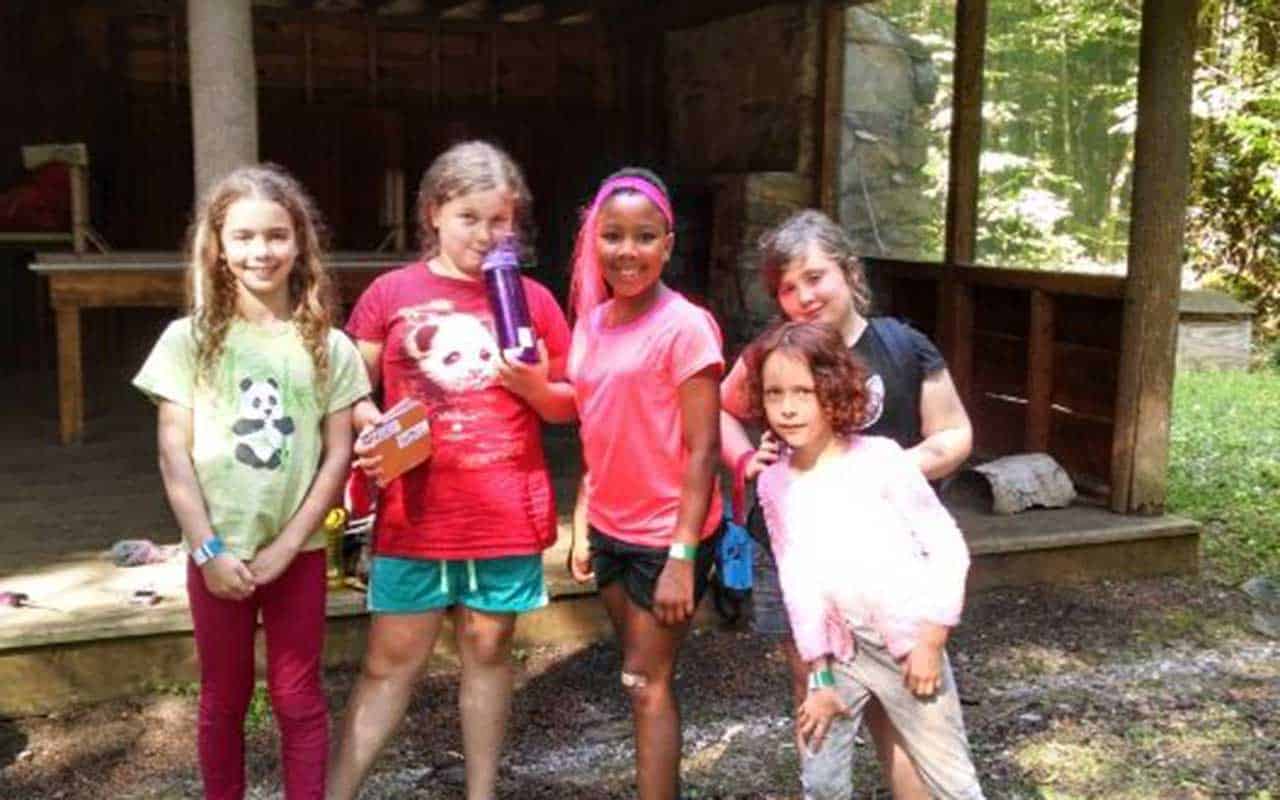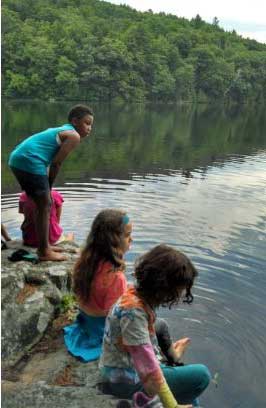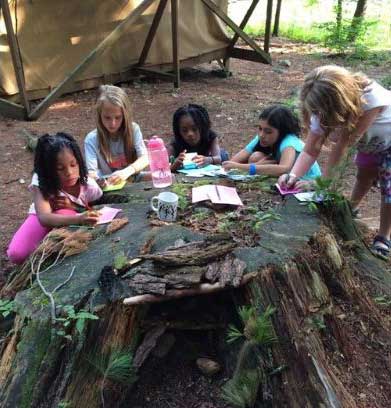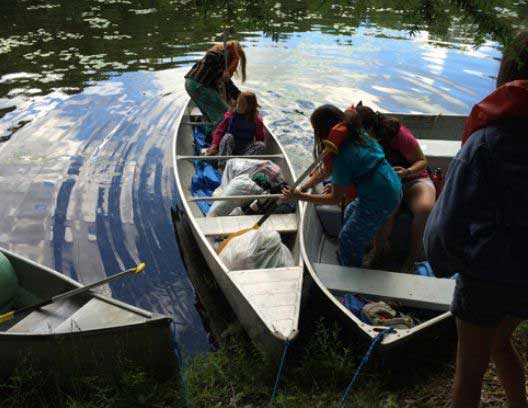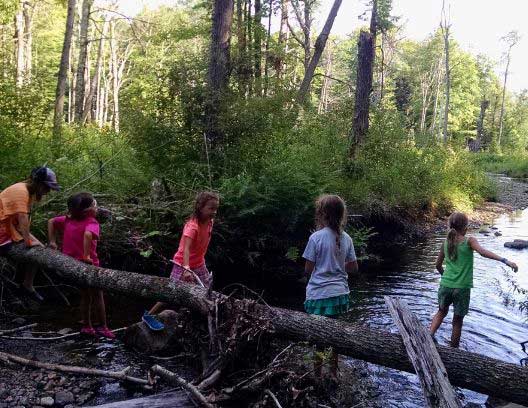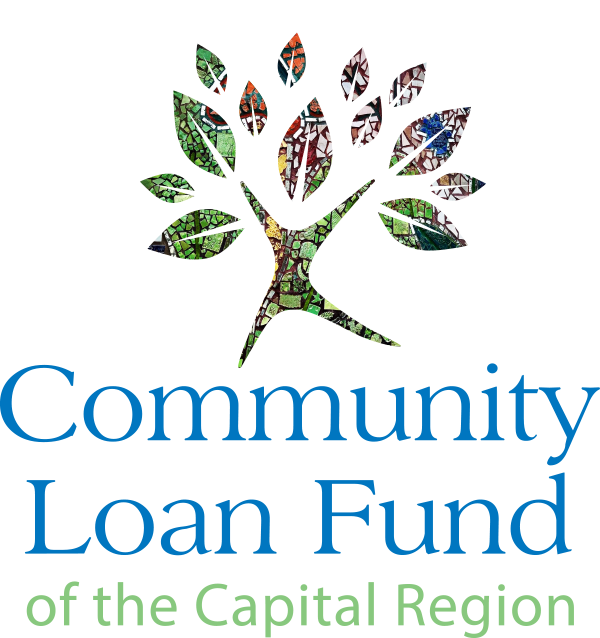Camp Little Notch is an outstanding girls’ wilderness summer camp in Washington County that has been helping girls become strong, independent women since 1939.
Camp Little Notch understands that all people benefit from an unplugged, authentic connection to the land, and that’s why they offer summer days spent hiking, swimming, boating, singing, cooking over campfires, creek-walking, and stargazing. Most importantly, campers enjoy lots of unstructured time for themselves each day.
Camp Little Notch is situated on 443 acres of pristine wilderness in Fort Ann. The land was a Girl Scout camp from 1939 to 2008 and generations of campers made memories on this land and the 80-acre lake adjacent. In 2008, the Girl Scouts decided to sell the property; a group of former campers came together to try to save the property for future campers. They formed Friends of Camp Little Notch, conserved the property through Open Space Institute, reopened the camp in 2012, and in 2015, with help from the Community Loan Fund of the Capital Region, they purchased the camp property from OSI.
“The Community Loan Fund’s investment in Friends of Camp Little Notch was absolutely crucial in making it possible for us to turn the dream of land ownership into reality,” said Janet Witte, Board Chair, Friends of Camp Little Notch. “While donations from a broad base of supporters eventually totaled several hundred thousand dollars, our lease with Open Space Institute was expiring in early 2015, and we had not yet raised the full purchase price of $1.09 million. We would not have been able to purchase the land without the additional support of a $500,000 loan from the Community Loan Fund.”
Today, the camp continues to open its arms to young women, creating a safe space where they can challenge themselves and grow. Like the generations before them, girls can experience the best authentic wilderness camp in the world and leave as stronger, more resilient, and more confident future leaders.
It is an intentionally diverse community, with tiered payment options, as well as camperships, to promote accessibility for children from all income levels.
